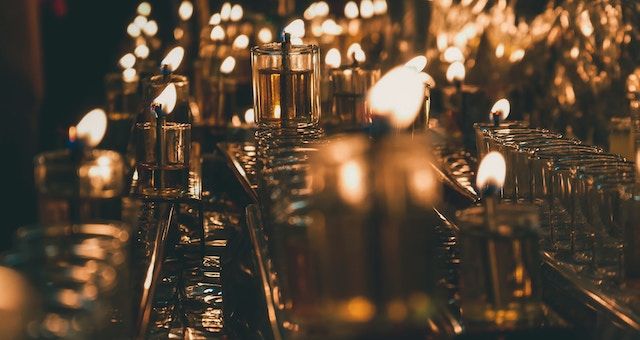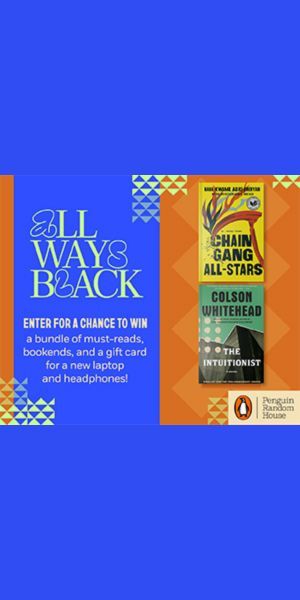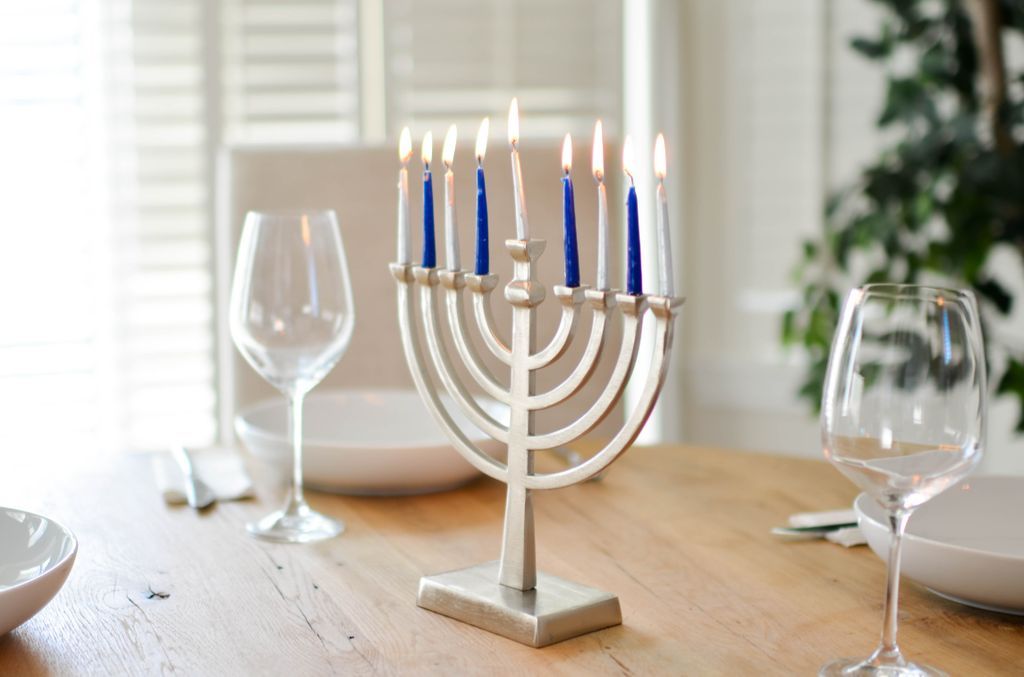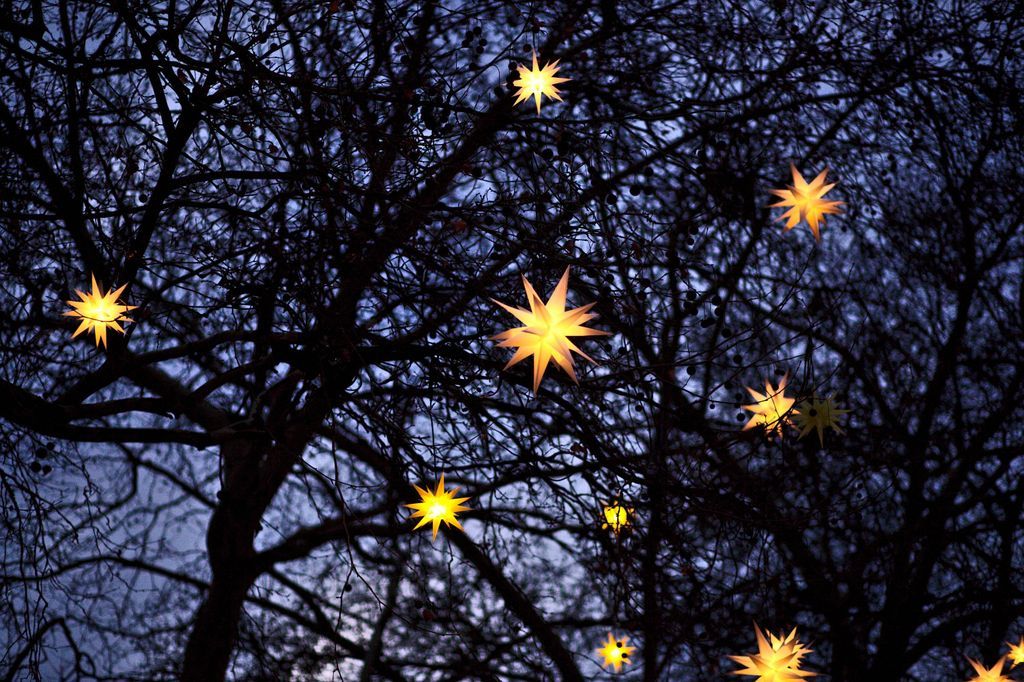
Holiday Tales From 6 Women Poets
The winter holidays will soon be upon us—do we opt in or out of the relentless celebrations and cold weather? Should we ignore the holiday season or plunge into the festive madness? Each holiday season brings its own challenges.
In an attempt to find my footing as the holidays come closer, I listen to holiday stories shared throughout time. Reading these six brilliant women poets share their experiences of holiday simplicity renewed a sense of the seasonal magic: look for the beauty hidden in plain sight. The quiet of the winter landscape; a mother who allows her daughter to witness her annual beauty ritual; and how a Christmas cactus brings the holiday season past New Year’s Eve.
A Christmas Carol
In the bleak mid-winter
Frosty wind made moan,
Earth stood hard as iron,
Water like a stone;
Snow had fallen, snow on snow,
Snow on snow,
In the bleak mid-winter
Long ago.
Angels and archangels
Cherubim and seraphim
Thronged the air;
But only His mother
In her maiden bliss
Worshipped the Beloved
With a kiss.
What can I give Him,
Poor as I am?
If I were a shepherd
I would bring a lamb,
If I were a Wise Man
I would do my part,—
Yet what I can I give Him,
Give my heart.
—Christina Rosetti
The Christmas Cactus
All during the Christmas rush
I waited for the thing to come alive.
Eyed it while I gift-wrapped scarves,
withered it with scorn as I threw
the green and silver bundles under the tree.
By New Year’s
I vowed to be happy
living with just stems.
The one day in February, the worst month of the year—
making up in misery what it lacks in length—
the blooms shot out,
three ragged cerise bells that rang
their tardy hallelujahs on the sill.
Late bloomers,
like the girls that shine
and shine at long last
at the spring dance
from their corner of the gym.
—L.M. Rosenberg
Chanukah Dreams
Chanukah I think most dear
Of the feasts of all the year.
I could sit and watch all night
Every twinkling baby light.
Father lights the first one—green;
Hope it always seems to mean;
Hope and Strength to glow anew
In the heart of every Jew.
Jacob lights the blue for Truth.
Pink for Love is lit by Ruth.
Then the white one falls to me,
White that shines for Purity.
How the story of those days
Fills my wondering heart with praise!
And in every flame one sees
The heroic Maccabees.
—Judith Ish-Kishor
Christmas Eve: My Mother Dressing
My mother was not impressed with her beauty;
once a year she put it on like a costume,
plaited her black hair, slick as cornsilk, down past her hips,
in one rope-thick braid, turned it, carefully, hand over hand,
and fixed it at the nape of her neck, stiff and elegant as a crown,
with tortoise pins, like huge insects,
some belonging to her dead mother,
some to my living grandmother.
Sitting on the stool at the mirror,
she applied a peachy foundation that seemed to hold her down, to trap her,
as if we never would have noticed what flew among us unless it was weighted and bound in its mask.
Vaseline shined her eyebrows,
mascara blackened her lashes until they swept down like feathers;
her eyes deepened until they shone from far away.
Now I remember her hands, her poor hands, which, even then were old from scrubbing,
whiter on the inside than they should have been,
and hard, the first joints of her fingers, little fattened pads,
the nails filed to sharp points like old-fashioned ink pens,
painted a jolly color.
But once a year my mother
rose in her white silk slip,
not the slave of the house, the woman,
took the ironed dress from the hanger—
allowing me to stand on the bed, so that
my face looked directly into her face,
and hold the garment away from her
as she pulled it down.
—Toi Derricotte
Landscape of the Star
The silence of the year. This hour the streets
Lie empty, and the clash of bells is scattered
Out to the edge of stars. I heard them toll
Morning’s first change and clang the people home
From creche and scented aisle. Come home, come home,
I heard the bells of Christmas call and die.
I think of the inscrutable who toiled,
Heavy and brooding in their camel train,
Across the blue-wrapped stretches: home behind,
Kingdoms departed from, the solemn journey
Their only residence; the starlit hour,
The landscape of the star, their time and place.
O to be one of them, and feel the sway
Of rocking camel through the Judean sand—
Ride, wrapped in swathes of damask and of silk,
Hear the faint ring of jewel in silver mesh
Starring the the silence of the plain, and hold
With rigid fingers curved as in oblation
The golden jar of myrrh against the knees.
To ride thus, bearing gifts to a strange land,
To a strange king, nor think of fear and envy,
Being so bemused by starlight of one star,
The long unbroken journey, that all questions
Sink like the lesser lights behind the hills;
Think neither of the end in sight nor all
That lies behind, but dreamlessly to ride,
Traveller at one with travelled countryside.
—Adrienne Rich
Burning The Old Year
Letters swallow themselves in seconds.
Notes friends tied to the doorknob,
transparent scarlet paper,
sizzle like moth wings,
marry the air.
So much of any year is flammable,
lists of vegetables, partial poems.
Orange swirling flame of days,
so little is a stone.
Where there was something and suddenly isn’t,
an absence shouts, celebrates, leaves a space.
I begin again with the smallest numbers.
Quick dance, shuffle of losses and leaves,
only the things I didn’t do
crackle after the blazing dies.
—Naomi Shihab Nye















